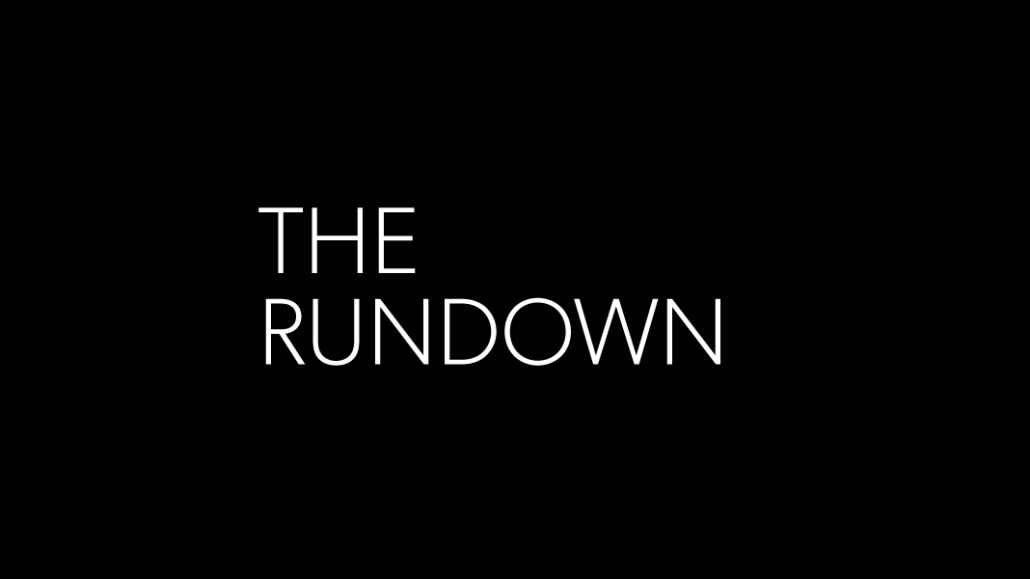Last chance to save on Digiday Publishing Summit passes is February 9

There was a time for so-called bold agency experiments. It happened at some point toward the end of 2009, when advertisers began crawling their way out of the recession and ad spend started creeping back up. At the time, there began the usual questioning of the old way of doing things, and as the traditional agencies struggled, many new models cropped up.
One was Victors & Spoils, started by two partners that were previously execs at MDC’s CP+B. This past week, that experiment shut down. V&S, which Havas later acquired a majority stake in, was built on the idea that it would use crowdsourcing to generate ideas, with an internal creative department curating the product and directing the public.
It’s not because crowdsourcing is a flawed model — the existence of other similar companies like Tongal, Vidsy or Vidmob is proof of that fact. The model of crowdsourcing and adding on media on the top is doing fine — so why did V&S fail?
According to one top agency exec, requesting anonymity because he didn’t want to burn bridges, the closing of V&S is a symbol of why the traditional agency and holding company model is “totally challenged.”
Traditional agency legacy businesses have always had a problem with innovation. If you use technology to do things better, faster or cheaper for your clients, it essentially cannibalizes and undermines their own core business model. In some ways, it also exposes that the way they’ve made money is essentially flawed and has been — leaving them open to exposure.
Big global machines generally feel threatened by innovation of the sort that threatens the old way of doing things. Every time an agency model tries to reinvent itself, or has someone trying a new way of doing things, it threatens the entire business.
It’s the same conclusion a Harvard study about the internal reactions to Havas’ decision to buy V&S came to: The company’s challenge was that it couldn’t accommodate bold experiments that basically would just cut its bottom line.
“The closing of V&S could be seen as the advertising industry’s Kodak moment,” said a top exec familiar with the way the company worked. Kodak famously invented digital cameras but chose to figuratively put them back in the closet because its whole business was in film, which meant there wasn’t much of an incentive to push digital forward.
It’s especially a problem for ad agencies as they face new types of competition. We may no longer be in a recession — although signs point to one coming — but agencies still face strong headwinds, from lower margins to clients doing more of their work themselves to consultancies treating agency services as a convenient add-on to their giant offerings. But as Nick Law, global chief creative at Publicis Groupe, said recently on Digiday’s “Making Marketing” podcast, agencies’ biggest challenge isn’t competition: It’s reinventing themselves. “I think the biggest concern for the holding company model, and agencies in general, is fixing themselves,” said Law.
The problem with agency businesses isn’t that they can’t innovate — it’s that even if they do, it won’t last long.
More in Marketing

In Q1, marketers pivot to spending backed by AI and measurement
Q1 budget shifts reflect marketers’ growing focus on data, AI, measurement and where branding actually pays off.

GLP-1 draws pharma advertisers to double down on the Super Bowl
Could this be the last year Novo Nordisk, Boehringer Ingelheim, Hims & Hers, Novartis, Ro, and Lilly all run spots during the Big Game?

How food and beverage giants like Ritz and Diageo are showing up for the Super Bowl this year
Food and beverage executives say a Super Bowl campaign sets the tone for the year.








